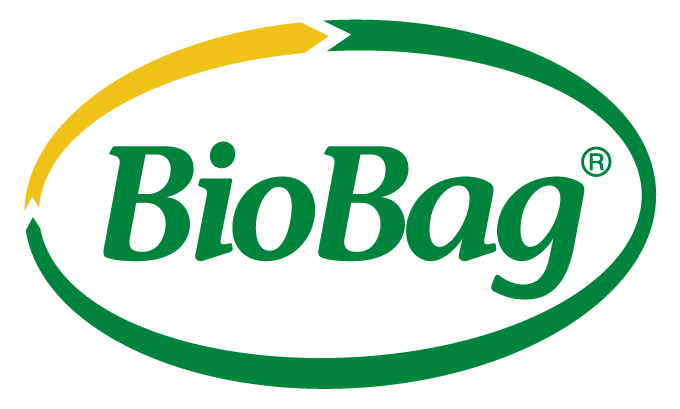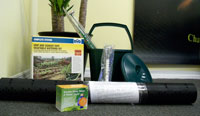BioBag Employee Sharpens the Saw
 |
Here are some simple tips that let you know all your hard work, and the efforts of the microbes, have paid off.
Ding! Compost is Done!
The compost pile isn’t generating a substantial amount of heat as it did during the most active cycle.
The material will look dark, will be crumbly, fairly dry and have an earthly odor. You shouldn’t have any recognizable organics.
Where to put It, What to do with it?
Soil Amendment: The compost can be worked into the garden soil adding beneficial nutrients. Do this by adding a layer of 1 – 3 inches. The compost also increases a sandy’s soil ability to retain moisture, improves drainage of clayey soil, increases biological activity of earthworms, reduces the adverse effect of excessive acidity and allows the plant to hold more nutrients for longer periods of time.
Potting Mix: Compost can be blended with perlite, soil, sand and other potting materials to make a great potting mix for your plants.
Mulch: Compost as mulch is extremely valuable because it reduces rainfall runoff, decreases water evaporation loss, helps control weeds and keeps the soil cooler in hot weather and warmer in cold weather. Apply a 2 – 3 inch layer on the top of soil around trees, flowers, shrubs and other plants.
Compost Tea: “Compost tea” can be used to water your plants, adding the advantageous nutrients from the compost. Fill a burlap bag with compost and place in a barrel of water, then use the water to fertilize and hydrate your plants.
Now, keep up the good work and continue the cycle. Your garden, your wallet and the earth will thank you!
 |


